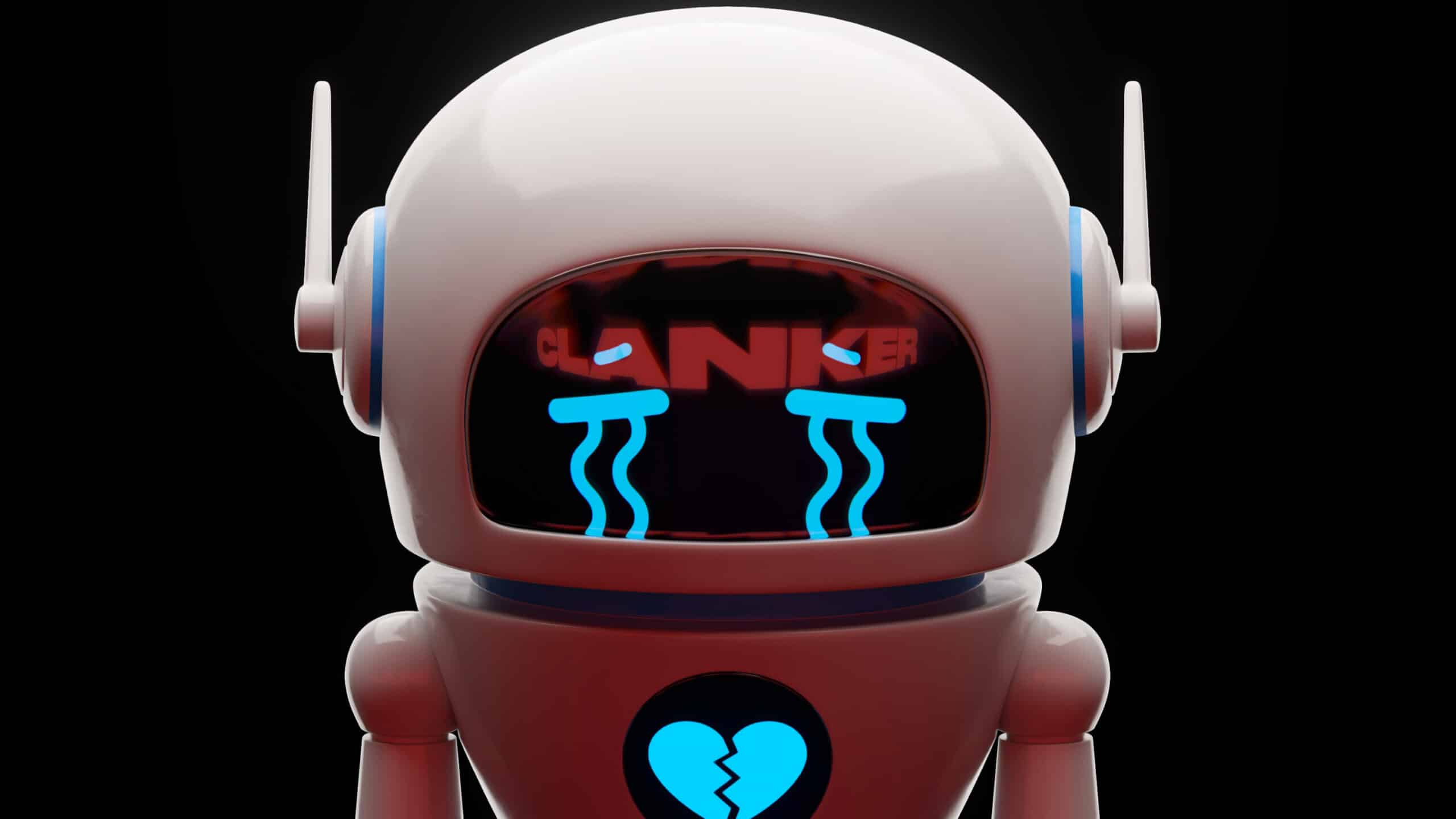Renaming AI Chatbots: The Case Against ‘Clankers’

The rise of artificial intelligence (AI) has sparked a unique lexicon, with terms like “Clanker” gaining traction in online discussions. This term, which originated from the animated series Star Wars: The Clone Wars, is now being used as a catch-all insult for AI systems that users find frustrating. While it may seem harmless, critics argue that the term oversimplifies complex issues surrounding AI and detracts from meaningful conversations about the technology’s impact on society.
Understanding the Term “Clanker”
The term “Clanker” has emerged as a popular slang expression in various online platforms, including Reddit and TikTok. Initially a derogatory term for battle droids in *Star Wars: The Clone Wars*, it has been repurposed to describe AI systems that users find unhelpful or frustrating. For instance, a chatbot that fails to provide satisfactory answers may be labeled a Clanker. While the term may resonate with fans of the franchise, its application in real-world discussions about AI raises concerns about its appropriateness and accuracy.
Critics argue that using “Clanker” as a blanket insult trivializes the complexities of AI technology. It reduces sophisticated systems to mere caricatures, undermining the serious discussions needed to address the challenges and ethical considerations surrounding AI deployment. As AI continues to evolve, the language used to describe it should reflect its intricacies rather than resort to simplistic labels.
The Limitations of Slang in AI Discourse
Describing AI systems as Clankers is akin to blaming slow Wi-Fi for being “lazy” or suggesting that a computer is “napping” when it enters sleep mode. Such comparisons highlight a misunderstanding of how AI operates. Unlike independent robots, AI systems rely on predictive algorithms and data patterns. The term Clanker, while catchy, fails to capture the nuances of AI technology and often serves as a superficial expression of frustration.
Moreover, the use of such slang can alienate those who seek to engage in more substantive discussions about AI. Instead of fostering a deeper understanding of the technology, terms like Clanker may reinforce misconceptions and hinder productive dialogue. As the AI landscape continues to grow, it is essential to adopt terminology that accurately reflects the capabilities and limitations of these systems.
Urgent Conversations About AI
While the term Clanker may not be inherently offensive, it does reflect a broader issue in how society discusses AI. The original context of the term in *Star Wars* serves to dehumanize an enemy, reducing them to mere objects. This perspective can be detrimental when applied to real-world discussions about AI, where the focus should be on addressing pressing issues such as algorithmic bias, environmental impact, and the ethical implications of AI deployment.
There are numerous critical topics that warrant attention, including the control of AI infrastructure and the potential societal harm caused by biased algorithms. Engaging in meaningful conversations about these issues requires a shift away from trivializing language. Instead of resorting to terms like Clanker, stakeholders should strive for more precise and impactful vocabulary that encourages thoughtful discourse.
The Need for Evolving AI Vocabulary
Language is inherently fluid, and slang evolves over time. While there is no call to banish the term Clanker outright, it is essential to recognize the need for more effective language in AI discussions. As the technology continues to advance, so too should the vocabulary used to describe it. Terms that evoke clarity and depth will better serve the ongoing conversations about AI’s role in society.
Observer Voice is the one stop site for National, International news, Sports, Editor’s Choice, Art/culture contents, Quotes and much more. We also cover historical contents. Historical contents includes World History, Indian History, and what happened today. The website also covers Entertainment across the India and World.

